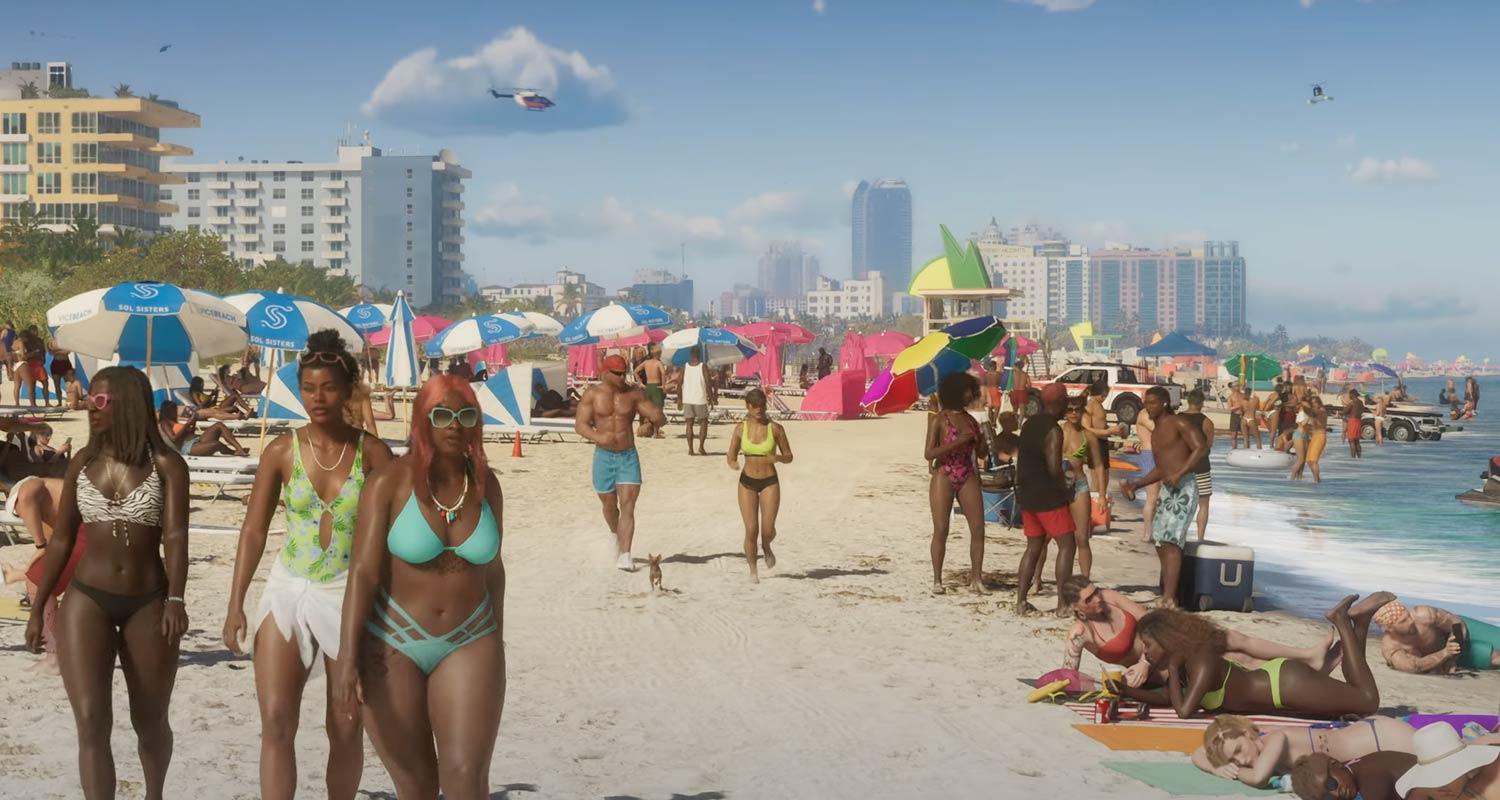 Take-Two Interactive Software tempered expectations for fiscal 2025 bookings on Thursday, after setting the release of Grand Theft Auto VI (GTA 6) in the northern hemisphere autumn of 2025.
Take-Two Interactive Software tempered expectations for fiscal 2025 bookings on Thursday, after setting the release of Grand Theft Auto VI (GTA 6) in the northern hemisphere autumn of 2025.
Shares of the New York-based company fell 2.5% in extended trading.
The forecast reflects the new launch timing for the hotly anticipated title, the company said, which is expected to be an instant hit with billions of dollars in sales each year according to several analysts.
The videogame publisher now expects fiscal 2025 bookings between US$5.55-billion and $5.65-billion, down from its prior forecast of just over $7-billion.
Take-Two’s dour forecast follows disappointing forecasts from Electronic Arts and Roblox last week.
Take-Two let go of about 5% of its workforce last month and scrapped several projects in development as part of a cost-reduction plan, aligning with similar moves across the gaming industry as it grapples with slower consumer spending.
Still, the company and analysts expect bookings to accelerate fiscal 2025 onwards, helped by the GTA launch and a string of other releases, including titles from its recent acquisition of “Borderlands” maker Gearbox Entertainment.
“My guess is that they add $150-million this year and perhaps $300-million to $400-million in FY27, Wedbush securities analyst Michael Pachter said, when asked how much revenue Gearbox could contribute to Take-Two.
‘New levels of success’
“We believe that our company is poised to achieve new levels of success, and we expect to deliver sequential growth in net bookings for fiscal 2025, 2026 and 2027,” said Take-Two CEO Strauss Zelnick.
Take-Two has a pipeline of about 40 titles through fiscal 2027 while it has 16 titles in its fiscal 2025, company executives said on a post-earnings conference call.
“They (Take-Two) should see a lot of growth in GTA Online once GTA 6 launches,” Wedbush’s Pachter added.
Take-Two’s fourth-quarter bookings fell 3% to $1.35-billion, but beat the average analysts’ estimate of $1.3-billion, according to LSEG data. — Zaheer Kachwala, (c) 2024 Reuters




